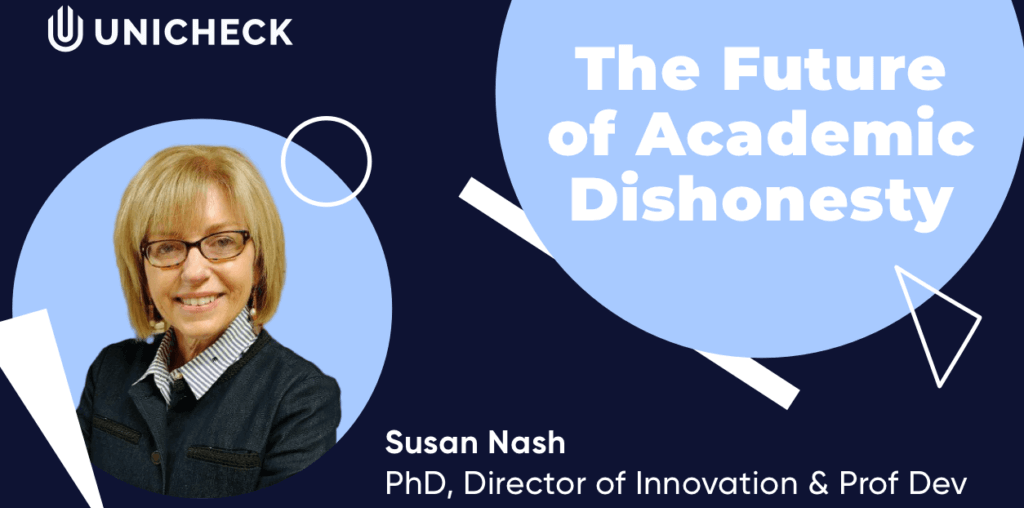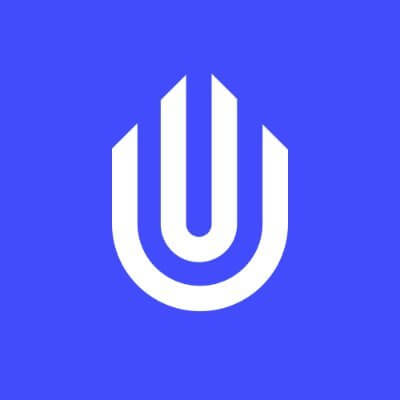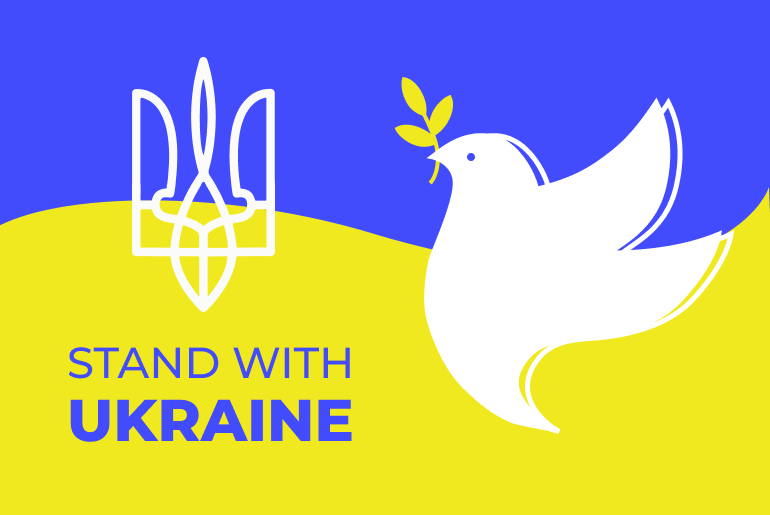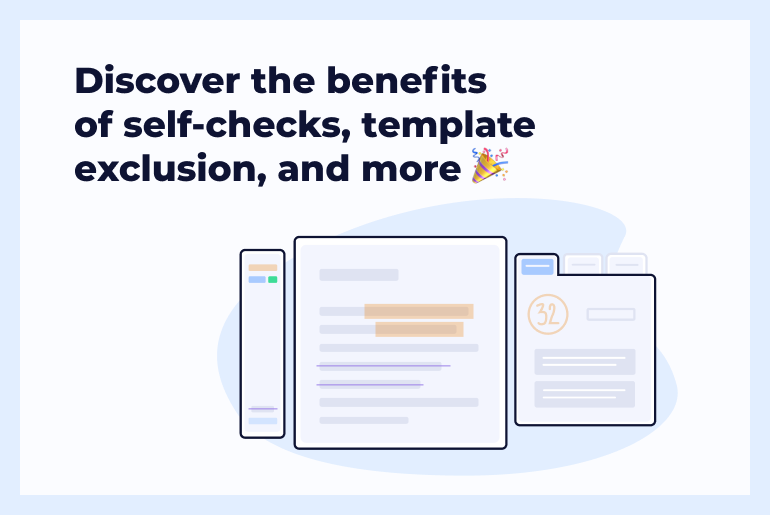Doctor Susan Nash is designing and administering online, hybrid, and face-to-face educational programs for energy, technology, and innovation industries.
Her prior experience in the academic field provided her with invaluable expertise and the skills to not only spread education that’s effective but also communicate the value of authentic, self-reflexive learning with her students.
In this interview, we tackle different techniques and ways of pulling students out of the mindset of stealing someone else’s work and into that of personalizing their own learning experience by incorporating their own experience into the paper.
Susan Nash’s raw and unvarnished view on the matter of plagiarism in academia is quite impressive. She is positive that most students resort to cheating because of the lack of unequivocal knowledge on what’s deemed plagiarism, as well as the inadequacy of their learning and time-management skills.
Interestingly enough, she claims that each and every educator can fight this issue both pedagogically and technologically.
Unicheck: You’ve been working in the field of higher education since the late 1990s. It’s such a huge amount of experience! Knowing the industry inside out, do you think academic cheating is still a big problem?
Susan: I think that academic cheating is a big problem. I’m not sure if it is worse than before, but I think there is more confusion than there used to be.
Everyone knows that it is not acceptable to pass off an essay they have not written as their own. But it gets tricky when it comes to attribution and also the amount of quoted work.
What I mean by that is that students may think that their essay is perfectly acceptable if they provide proper documentation for their quoted and paraphrased work. But, they do not know that they should not exceed 15% in terms of non-original cited or paraphrased work.
I’ve seen essays that are patchwork quilts of block quotes and paraphrases. Not only are such papers unacceptable due to a lack of academic integrity, they are also very boring.
We’re on the cusp of another wave of academic dishonesty, I believe, as AI-driven search engines such as Quertle pull information from published documents and present them in narrative format. Soon, AI will write basic descriptive essays. They will be the ultimate patchwork quilt of snippets, at least at first.
Later, though, as the AI algorithm improves, it will paraphrase and use different connectors, and so will be an original work. Plagiarism detection apps will need to become quite wily to detect AI-generated texts, especially summaries and literature reviews!
Unicheck: What may push students to cross the line and cheat?
Susan: I think that there are always a number of different factors. They include the following:
- poor time management and waiting until the last minute
- unclear instructions leading to frustration
- boring prompt that has been used many, many times before (How does Shakespeare treat the theme of revenge in Hamlet? What kind of narrative technique does William Faulkner use in As I Lay Dying?)
- lack of self-confidence
- lack of guidance, mentors, tutors, or a good grammar check
Unicheck: Could you think of any effective methods and strategies to save students from cheating?
Susan: I think that one way to keep students from cheating is to ask them to turn in outlines, drafts, and revisions, so that each stage is documented and also they can reflect on the entire process. It is good to work in teams and have peer review.
Another good way to control cheating is to make it very difficult to profit from it. For example, you may ask students to always relate their own experiences and to incorporate them in the paper.
Unicheck: What can motivate them to stay on the light side and become more focused on mastery rather than performance?
Susan: I think that any time the content of a course is internalized, it represents a successful assignment that has encouraged the student to connect the material to his / her prior knowledge and thus it resonates. With that in mind, it’s possible to develop assignments that require the student to draw on prior knowledge, which is satisfying and reinforcing for the student. Then, one can use the prior knowledge as scaffolding that lifts one up.
Unicheck: Can technologies help students resist this temptation? Which of them are able to do it?
Susan: Technologies can always be used to encourage students to be better scholars. Technologies that help students search databases for reliable information, which can be incorporated is always good. Also, it’s good to have grammar and citation styles linked to the results from the plagiarism detection technology.
Plagiarism detection software can be very helpful, not only in determining what is not original, but also in helping students gain a better idea of good academic research and writing. For example, some students may be relying on websites and blog posts for their references. Even if they document their sources correctly, the information itself could be unreliable or superficial.
A good plagiarism detection application will also help suggest where to go for open access to peer-reviewed publications.
Unicheck: Is there any chance academic cheating will be minimized? What can advance this positive change?
Susan: I definitely think that there are opportunities to make academic cheating less tempting.
One can make sure everyone knows that plagiarism WILL be detected, and that instead of fearing punishment, they will instead have an opportunity to engage with well-framed writing prompts that lead to intriguing and challenging educational experiences that motivate and satisfy.
Teachers and professors who write essay and research paper assignments that intrigue their students will see their students come alive and care.





